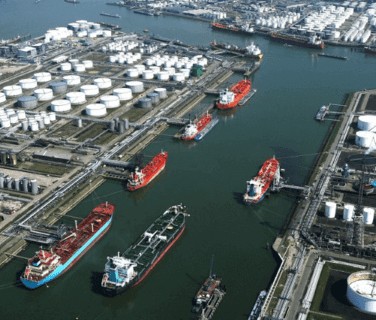Marine & Offshore Engineering
In the dynamic and challenging world of maritime and offshore operations, expertise in Marine and Offshore Engineering is vital for ensuring the safe, efficient, and sustainable use of ocean resources. Our comprehensive courses are meticulously designed to equip learners with the knowledge and skills necessary to excel in these critical fields. By enrolling in our programs, learners will embark on a transformative educational journey, gaining invaluable insights and practical experience that will enable them to become innovators and leaders in marine and offshore industries.
Marine Engineering: Marine engineering focuses on the design, construction, operation, and maintenance of ships and other marine vessels. Our courses cover a wide array of topics, including marine propulsion systems, naval architecture, ship stability, and marine machinery. Learners will delve into the principles of fluid dynamics, thermodynamics, and materials science as they apply to marine environments. With hands-on experience using industry-standard tools and simulation software, learners will be prepared to design and manage complex marine engineering projects, ensuring the reliability and efficiency of marine vessels.
Offshore Engineering: Offshore engineering involves the design, construction, and operation of structures and facilities located in offshore environments, such as oil and gas platforms, wind farms, and underwater pipelines. Our curriculum encompasses key areas such as structural engineering, hydrodynamics, offshore drilling, and subsea technology. Learners will explore the intricacies of designing for harsh marine conditions, understanding how to develop robust and resilient offshore structures. Through practical lab work and industry-relevant projects, learners will develop the technical expertise and problem-solving skills necessary to tackle the unique challenges of offshore engineering.
Naval Architecture: Naval architecture is a specialized field within marine engineering that focuses on the design and construction of ships and other marine vessels. Our courses cover topics such as ship design, hull form optimization, and stability analysis. Learners will gain a deep understanding of the principles of shipbuilding, from conceptual design to detailed engineering and construction. By studying the latest advancements in naval architecture, learners will be equipped to develop innovative vessel designs that enhance performance, safety, and environmental sustainability.
Marine Systems and Technology: Marine systems and technology encompass the various mechanical and electrical systems that support the operation of marine vessels and offshore structures. Our curriculum includes key areas such as marine electronics, automation, and control systems. Learners will explore the integration of advanced technologies in marine engineering, gaining insights into how to design and maintain efficient and reliable marine systems. Through practical projects and simulations, learners will develop the skills necessary to implement cutting-edge solutions that enhance the performance and safety of marine and offshore operations.
Benefits of Our Courses: Enrolling in our Marine and Offshore Engineering programs offers numerous advantages for learners, providing a robust foundation for professional growth and career advancement. Firstly, our courses are designed to offer a balanced blend of theoretical knowledge and practical experience. This ensures that learners can apply what they have learned in real-world scenarios, making them highly valuable to potential employers. Secondly, our programs foster critical thinking, creativity, and innovation. These skills are crucial for developing new technologies and solutions that address current and future challenges in marine and offshore engineering.
Additionally, our courses provide learners with the opportunity to work with cutting-edge technologies and industry-standard software, ensuring they are proficient in the tools and techniques used by professionals. Our experienced faculty, who are experts in their respective fields, offer mentorship and insights, guiding learners through complex concepts and practical applications. The collaborative learning environment encourages teamwork and interdisciplinary collaboration, preparing learners to thrive in diverse, dynamic work settings.
Completing our programs can open doors to a wide range of career opportunities. Course completionists will be well-prepared to pursue roles in sectors such as shipbuilding, offshore oil and gas, renewable energy, maritime transport, and naval defense. Whether aiming to work in established industries or emerging sectors, the skills and knowledge gained from our courses will be invaluable. Our alumni have successfully transitioned into roles in leading engineering firms, marine consultancies, government agencies, and research institutions, making significant contributions to technological advancements and sustainable development.
In conclusion, our comprehensive training in Marine and Offshore Engineering is designed to empower learners with the expertise and confidence needed to excel in today’s fast-paced, technology-driven marine and offshore industries. By investing in their education through our courses, learners will not only enhance their professional skills but also contribute to the advancement of engineering practices, driving innovation and excellence in their chosen fields. Through our programs, learners will be equipped to tackle the complex challenges of modern marine and offshore operations, pioneering solutions that promote safety, sustainability, and technological progress.

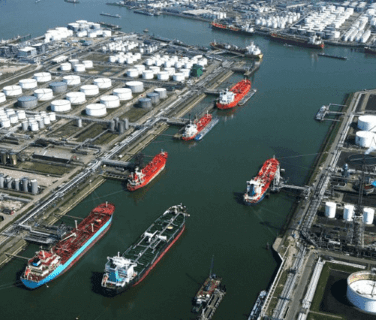
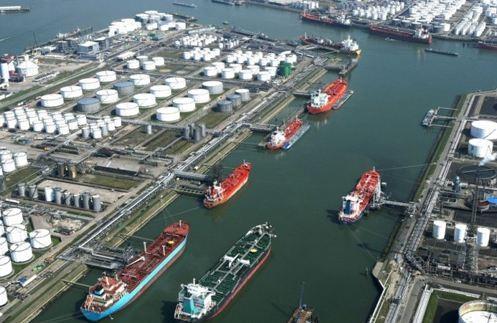
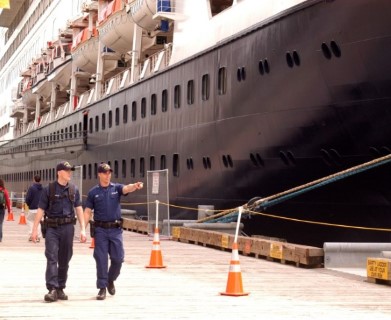
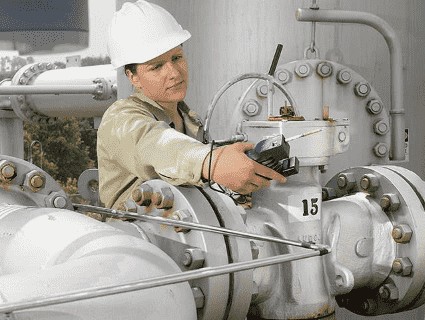
.jpg)
.jpg)
